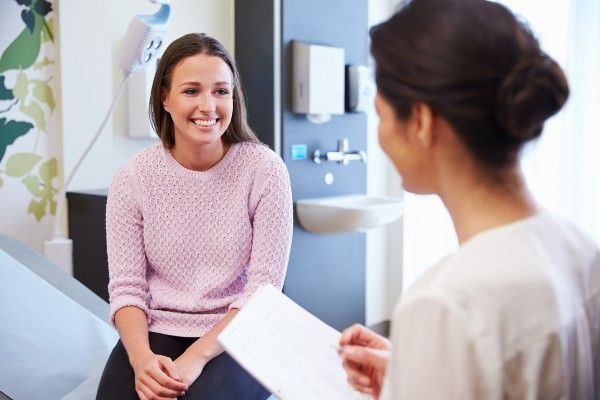We use cookies to help provide you with the best possible online experience.
By using this site, you agree that we may store and access cookies on your device. Cookie policy.
Cookie settings.
Functional Cookies
Functional Cookies are enabled by default at all times so that we can save your preferences for cookie settings and ensure site works and delivers best experience.
3rd Party Cookies
This website uses Google Analytics to collect anonymous information such as the number of visitors to the site, and the most popular pages.
Keeping this cookie enabled helps us to improve our website.
What is a Clinical Pharmacist?
Clinical pharmacists are highly qualified health professionals who train for many years to become specialists in medicines and how they work.
They can work directly with you, as part of the general practice team, to make sure your medicines help you get better and stay well.
Having a clinical pharmacist in the practice team means you can be treated by the best professional for your needs.
All pharmacists are registered with the General Pharmaceutical Council.

When will I see a clinical pharmacist?
You will see a clinical pharmacist when you need expert advice on your medicines.
If your condition needs diagnosing, you will usually see a GP first, who may then refer you on to a practice nurse or clinical pharmacist.
Below are some examples of how a clinical pharmacist can help:
Long-term conditions
If you have a condition such as asthma, type 2 diabetes, arthritis or high blood pressure, the clinical pharmacist can discuss the medicines you’re taking to make sure they’re working for you. They can also help you with lifestyle changes to help you manage your condition.
Experiencing side effects
If you are experiencing side effects from your medicines, you and the clinical pharmacist can discuss this and work together to find a solution, such as changing your medicine or the dosage.
If you are taking a number of different medicines, the clinical pharmacist can help make sure they are working well together.
Reviewing your medicines
If you are taking medicines over the longterm, you should be seen for a review at least once a year. The clinical pharmacist can review all your medicines, discuss how they are working for you and carry out health checks, such as taking your blood pressure. They can also arrange for you to have blood or other tests.
After a stay in hospital
If your medicines have been changed while you were in hospital, the clinical pharmacist can help explain these changes and ensure you get the maximum benefit from these medicines.
Common illnesses
If you are suffering from a common illness such as a cold, hay fever, diarrhoea or an eye infection, you would be directed or referred to your communtiy pharmacy for advice, and sometimes treatment.
Your appointment
Just as when you see a GP or a practice nurse, you will see a clinical pharmacist in a private consultation room.
Seeing the pharmacist does not replace an appointment with a doctor. You will still be able to see your GP if you need to.
A clinical pharmacist will not give you your medicines. You should collect your medicines from a community pharmacy or dispensing doctor in the usual way.
Please let the surgery know if you need to cancel or reschedule your appointment.
For more information and case studies, please visit NHS England and the Royal Pharmaceutical Society.
